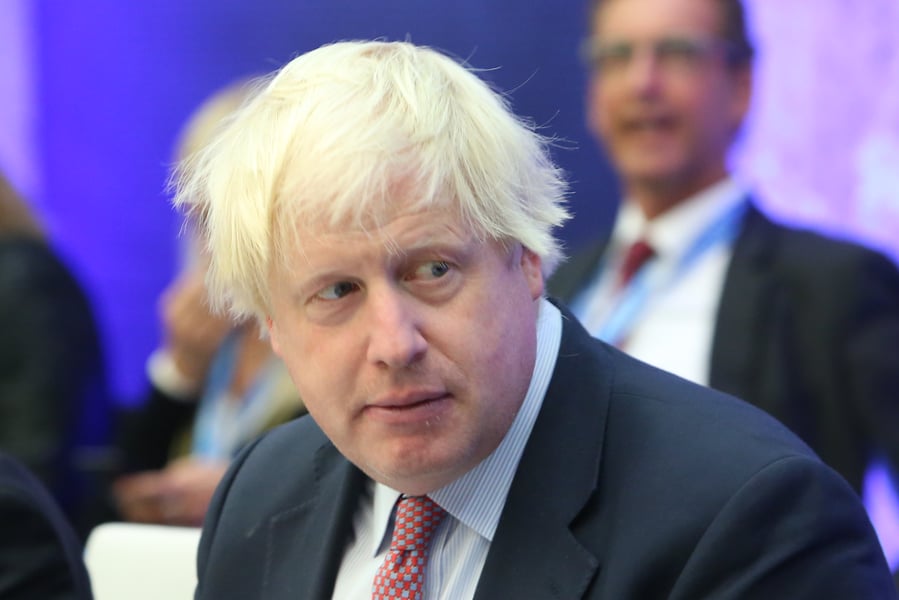The ballot was taken by 159,320 Tory members and Johnson will be taking office on Wednesday 24 July.

Boris Johnson has been appointed as Prime Minister following a vote from members of the Conservative party.
The ballot was taken by 159,320 Tory members and Johnson will be taking office on Wednesday 24 July. Johnson took 92,153 votes, beating Jeremy Hunt's 46,656.
Ashley Ilsen, chief executive and co-founder of Magnet Capital, said: "I think we’ve gotten to the point where we seem to have accepted the status quo of uncertainty in the economy and the property market.
"Aside from having a new Prime Minister the obvious elephant in the room is how we are going to tackle Brexit negotiations and I personally don’t see anyone being able to negotiate a suitable deal in three months.
"At Magnet Capital, we aren’t seeing any further reticence from our developer clients, as being SMEs they can’t afford to wait around to see what happens or land bank.
"They need to get on and build and need a lot more comfort that any failure in our Brexit negotiations isn’t going to cause a spike in building costs midway through a project, or significantly hamper end values.
"We are still going to need to build a lot more houses."
Current PM Theresa May will be holding her last cabinet meeting, and will officially resign from the role shortly thereafter.
This appointment will also lead to new Chancellor of the Exchequer, as Philip Hammond announced that he will be resigning if this was the outcome on BBC's Andrew Marr Show.
Brian West, director of Central Bridging, added: “I’ve always had my concerns that the new Prime Minister is rather too self-interested and lacks any really deep-rooted political conviction.
"I hope he proves me wrong and that lurking somewhere underneath that bluff exterior and unkempt ‘barnet’ is a true statesman.
"That is what we sorely need.”
Johnson has claimed that he would like to lower stamp duty, calling for a reduction or zero stamp duty for first-time buyers.
The new PM also spoke of prefering ownership over renting at a Conservative conference in 2018.
Lucy Barrett, managing director at Vantage Finance, commented: “With the major topic ‘front and centre’ for Mr Johnson being Brexit, it’s hard to consider how much time he and his team will be looking at the property market.
"Johnson has previously spoken of lowering stamp duty, raising the 40% tax threshold and suggested he’d not intervene on the private rented sector, all of which would likely encourage property transactions – the backbone of specialist finance.
"But until he and his team produce a wide-ranging set of policies on housing, and we know which Brexit he will deliver, for me there is still much to find out.”
Jonathan Sealey, chief executive of Hope Capital, said: “It is at least positive to have a new Prime Minister in order to end the uncertainty about who will be leading the country and negotiating Brexit in its final stages.
“If his promises are kept we will be exiting the EU by 31 October, meaning the end of this unstable and uncertain period we’re currently in.
“Lenders and borrowers will benefit from the end of an extended period of change and uncertainty which should lead to borrowers having the confidence to make the purchases and investments they may have been putting off until now.”



